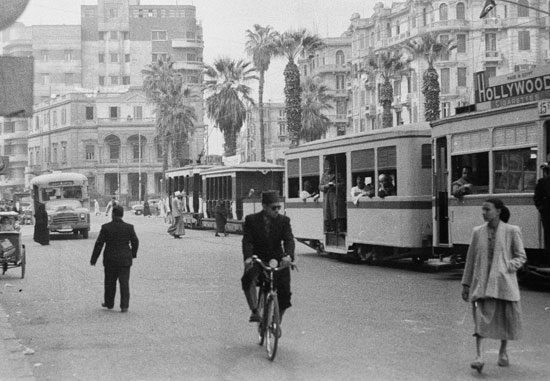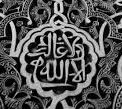
My grandmother – I called her (تيتة) Teita – never finished elementary school. She grew up as the daughter of peasants in Egypt’s Delta. She was no intellectual or religious scholar. But she taught me some of the most important lessons about the essence of our faith.
“People are the same – no one is better than anyone else,” she used to tell me. “It’s your actions and good deeds that matter.”
Culture Vs Theocracy
I have thought a lot about Teita since reading about Yahya Emerick’s “It’s All About Islam” textbook. I couldn’t believe that a textbook published today in America for American kids tells them that the duty of all Muslims is to help make an Islamic state. And that just because you have Muslim heritage you aren’t a real Muslim. I’ve needed a few weeks to gather my thoughts.
I don’t worry that most Americans kids are going to read Emerick’s textbook and head off to Syria to join ISIS. The real danger is the stark message Emerick’s book sends to our children about their identity: Your mission is to build a Muslim theocracy, or your heritage means nothing. Either we Muslims are superior to everyone else, or we’re nothing.
Think about what this does to Muslim American kids. I don’t want my children to hate non-Muslims friends and neighbors – or even to think of them as inferior. And I don’t want them to hate their Muslim identity if they assume Emerick speaks for true Islam.
My American-born kids don’t have the culture I grew up with. Teita would sit on her cot smoking tobacco and playing backgammon. She would never miss a new movie featuring the heartthrob Anwar Wagdy. She liked attending popular music concerts and dancing along to her favorites: Abdel Halim and Nagat Al-Saghira. As a little kid, I would snuggle up in her skirt and loved to listen to her tell stories and fairytales.
Teita’s Gift
Teita’s gift to me was a Muslim identity comfortable in the modern world. Being Muslim wasn’t at someone else’s expense. It just felt natural. Religion was not an omnipresent factor trying to regulate every aspect of our lives. It was just who we were.
As teenagers, we sometimes dismissed our grandparents’ generation as silly old people. But I am now grateful for the value of her outlook of “live and let live – and be comfortable being yourself.” My grandmother wasn’t a fanatic who spent her days hating on people. She had no ideas who Hindus were. She carried centuries of traditions and wisdom about living a good life and being a good person.
Our kids growing up today in America don’t have easy access to Teita’s culture. They are forced to make defining choices about their identity on their own, with limited guidance from responsible adults. Because we haven’t been paying attention to the textbooks available for them, we assumed that the way we grew up understanding our Muslim identity would also be theirs. Big mistake.
Emerick’s textbook is a huge wake-up call: I can no longer assume that teachers in our community are passing on my grandmother’s wisdom. Emerick’s textbook is cutting that link to our tradition. He’s getting between my children and their great-grandmother.

Absolutely spot on! The author reminds me of my grandmother back home in a remote village of Balochistan. The cot in the courtyard where she used to sit during the summer days, was a piece of heaven on earth. No judgements, no reprimands, pure love and acceptance. The stories she told inspired love for humanity, courtesy, love for all creatures on earth. Gosh I miss her 🙁